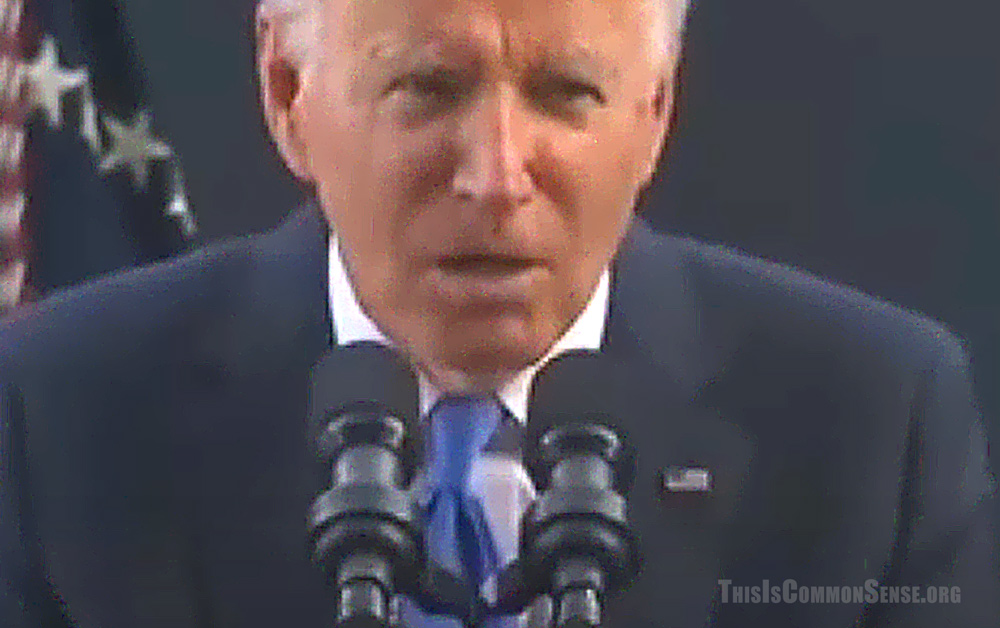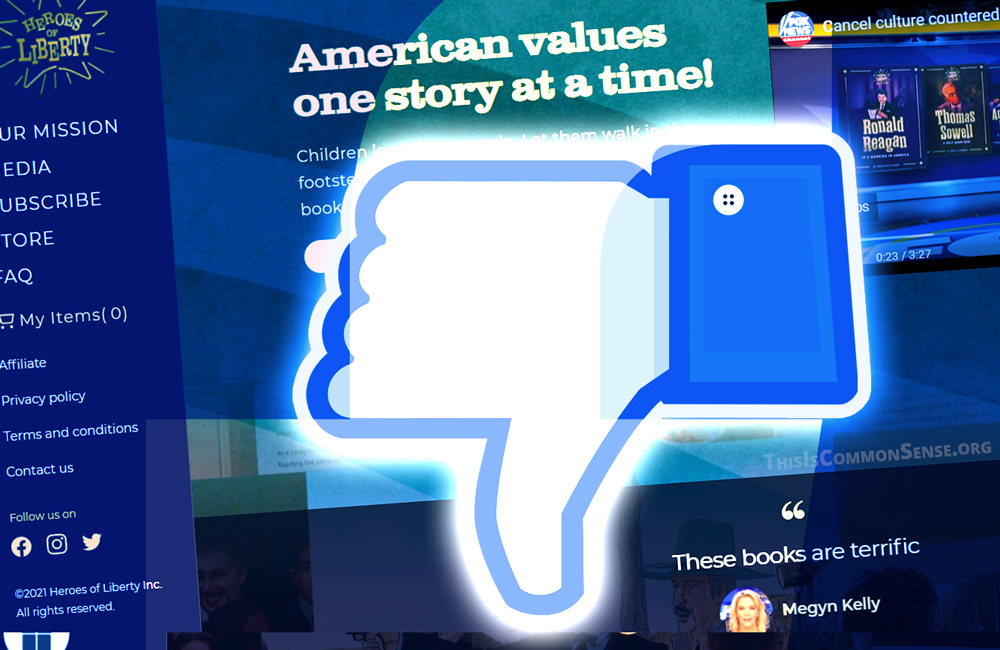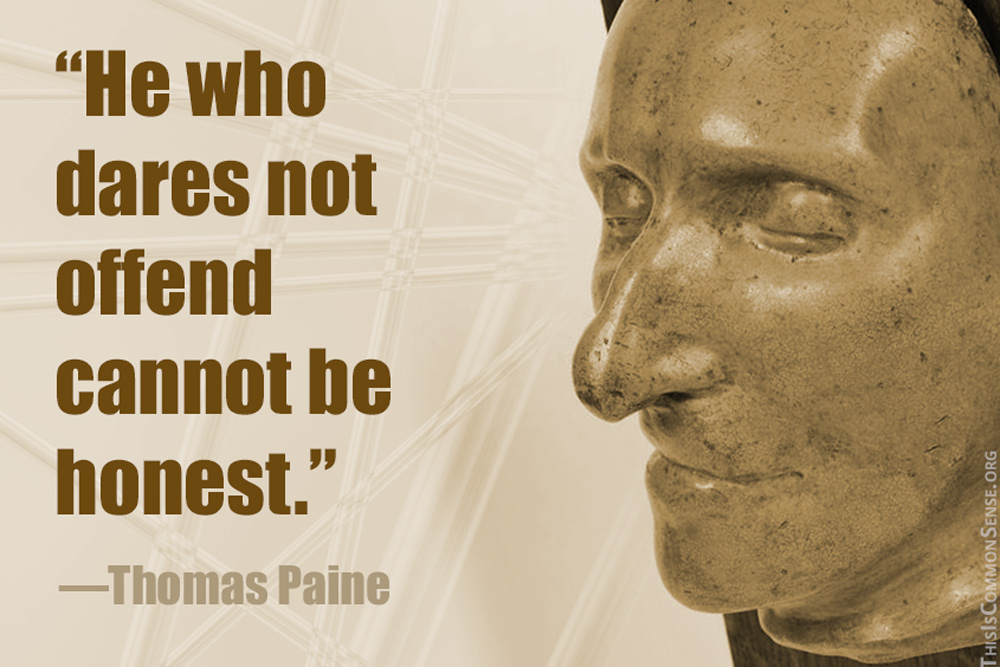Some Google shareholders are pressing Google for records of its communications with the Biden administration. And not just any old records. They are specifically demanding those pertaining to the administration’s demands for censorship.
Per the First Amendment, it is unconstitutional for government to seek to muzzle people for saying things that government officials disapprove of.
Yet the Biden Administration and others, including members of Congress, have openly (and repeatedly) urged big-tech social media companies to more assiduously censor discussion of COVID-19 policy, COVID-19 vaccines, the nature of COVID-19. The president did this again just last week: “I make a special appeal to social media companies and media outlets — please deal with the misinformation and disinformation that’s on your shows. It has to stop.”
Everything we’ve seen adds up to a slam-dunk case against the government for violating the First Amendment. We know that government officials are asking social-media companies to censor. They’re not hiding it.
Suing the government’s big-tech lackeys — and government officials, when plausible — is one way to combat the evil.
The National Legal and Policy Center, a Google shareholder, is trying to secure a requirement that the company disclose the content of any communications between itself and the government related to the Biden Administrations calls for censorship. Last summer, the administration stated that it was “in regular touch” with the big-tech giants.
Will Google voluntarily produce documents showing that it acquiesced in specific Biden administration demands for censorship?
No. But as Charles Glasser has pointed out, there is precedent for a judicial finding that media are de facto “government agents” when they work “hand-in-hand with government in violating constitutional rights.”
The effort may not succeed, but it’s worth a shot.
This is Common Sense. I’m Paul Jacob.
—
See all recent commentary
(simplified and organized)





